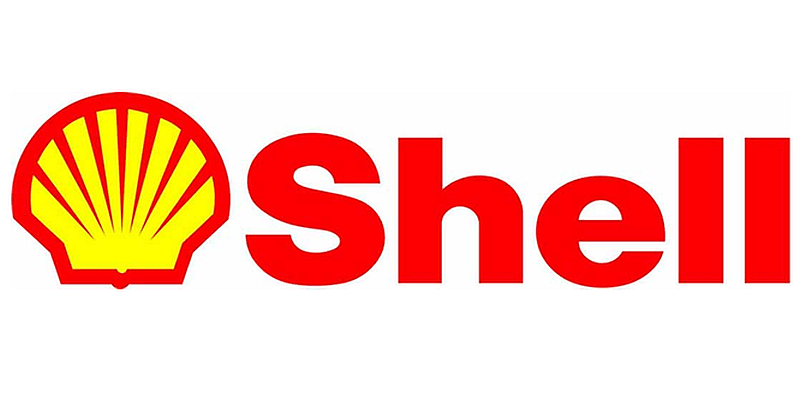Shell, a British energy giant with a rich history in Nigeria’s oil and gas sector dating back to the 1930s, is set to conclude almost a century of onshore operations.
The company has reached an agreement to sell its subsidiary, The Shell Petroleum Development Company of Nigeria Limited (SPDC), to a consortium of five predominantly local companies for a staggering $2.4 billion.
The consortium, named Renaissance and comprised of ND Western, Aradel Energy, First E&P, Waltersmith, and Petrolin, a Swiss-based trading and investment company, will take over the onshore assets, including responsibility for handling spills, theft, and sabotage. This marks a significant shift in Shell’s strategy as it aims to focus on Nigeria’s more lucrative and less problematic offshore sector.
The sale, confirmed by Renaissance, is pending approval from the Nigerian government. Shell emphasized that the agreement aligns with its previously announced intent to exit onshore oil production in the Niger Delta, streamlining its portfolio and concentrating future investments on Deepwater and Integrated Gas positions in Nigeria.
The $2.4 billion deal includes a base consideration of $1.3 billion, with an additional payment of up to $1.1 billion relating to prior receivables at completion. Shell’s exit follows a broader trend among western energy companies, including Exxon Mobil, Italy’s Eni, and Norway’s Equinor, who have divested assets in Nigeria in recent years, redirecting their focus to newer and more profitable operations.
Despite the historic transition, Shell will maintain a presence in Nigeria through its remaining operations, including a liquefied natural gas plant and other assets in the country. However, the spotlight remains on the responsibility for spills and environmental damages, with advocacy groups like the Health of Mother Earth Foundation stressing the importance of Shell addressing its historical impact.
The sale of SPDC Limited, which operates and holds a 30% stake in the SPDC joint venture with 18 onshore and shallow water mining leases, signifies the end of an era. The joint venture’s other partners include the Nigerian National Petroleum Corporation (55%), TotalEnergies (10%), and Italy’s Eni (5%).



